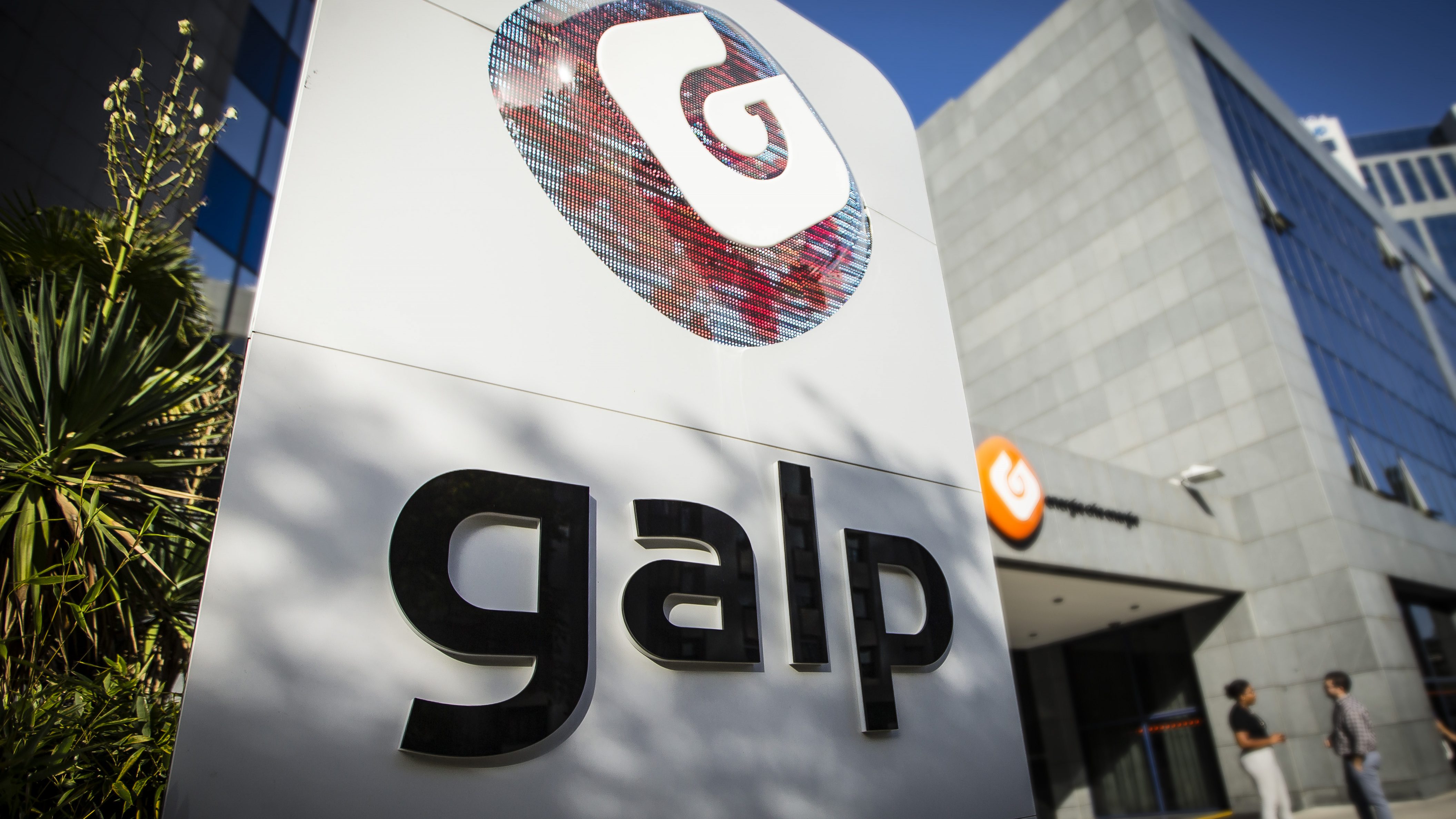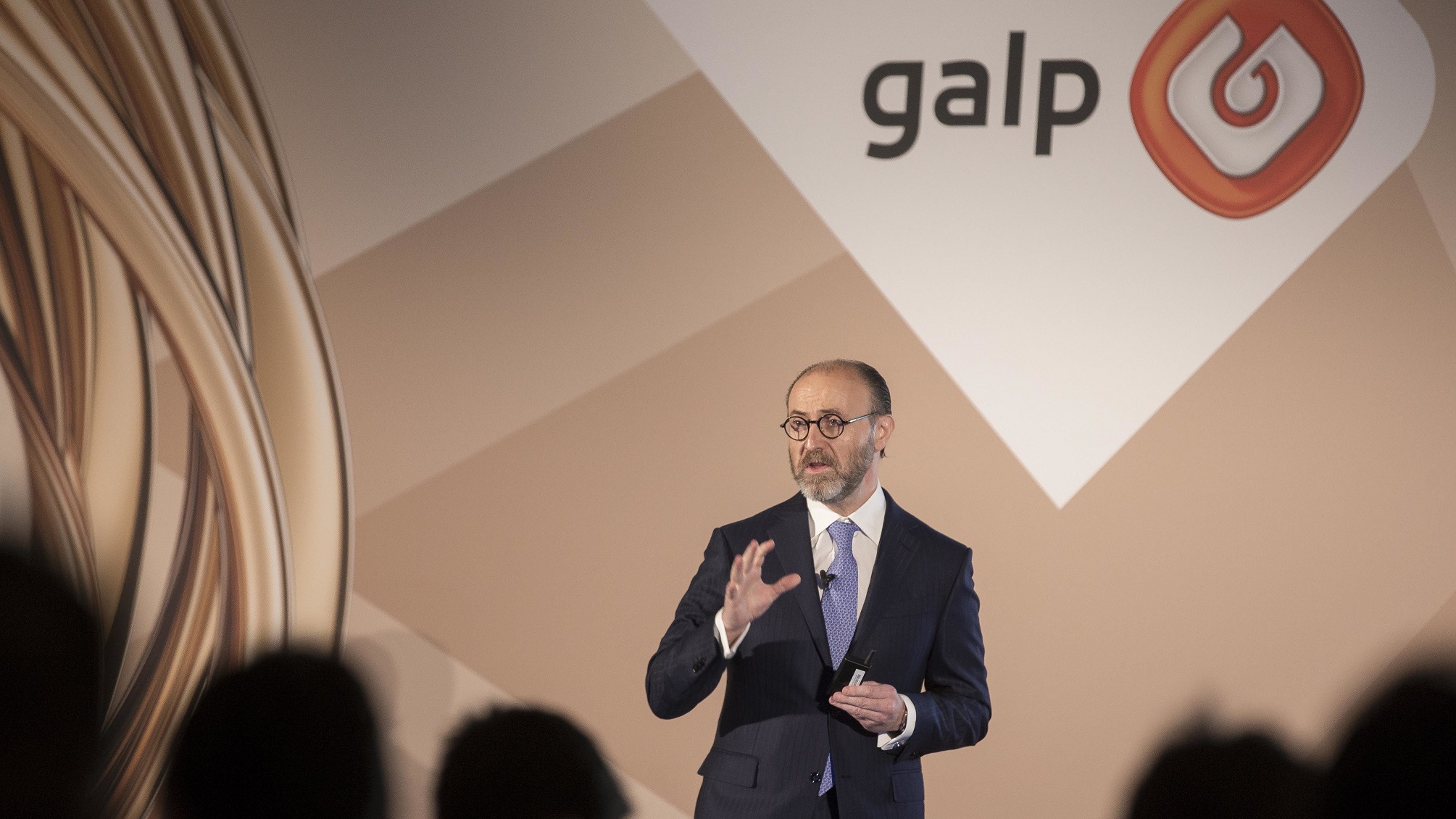Galp: universities developing separator of CO2 from natural gas
Galp is developing a technology that, based on a concept created at the Faculty of Engineering of the University of Porto (FEUP), aims to "separate carbon dioxide from natural gas".
Portuguese energy company, Galp, is developing a technology that, based on a concept created at the Faculty of Engineering of the University of Porto (FEUP), aims to “separate carbon dioxide from natural gas”.
In an interview with the Lusa agency, Carlos Martins de Andrade, Galp’s director of Research and Technology, explained on Monday that the project aims to “find a solution to the existing problems in the operation and production of oil,” more specifically, with regard to the separation of CO2 from natural gas.
“We have two problems. One is that the production of natural gas with a high CO2 content prevents its use, because natural gas that is normally used for energy consumption has a low carbon dioxide content, less than 5% (…). Another is that a CO2 content of over 50% is enormous and the technology that currently exists cannot separate these quantities”.
Because of this, Galp launched “a challenge” to universities and, since the end of 2014 is, together with the University of São Paulo and Campinas, in Brazil, redesigning and readapting a “concept” developed by FEUP researchers: the NetMix reactor, a system that, through hydrates, will enable the separation of CO2 from natural gas, and consequently its transportation and storage.
“This technology allows the capture and storage of CO2, that is, it cleans the gas and also treats the CO2 without releasing it into the atmosphere. There is a lot of work still to be done but what we can already foresee is a huge impact by the capture of CO2 and the possibility of reinjecting it or transporting it to other applications or storage sites,” Carlos Martins de Andrade said.
About 30 researchers and technicians involved in the project, called Hidragas, have already tested the “concept” twice and at this moment the objective is to “scale the technology up to the industrial dimensions”.
Professor José Carlos Lopes of FEUP, responsible for creating NetMix, told Lusa that this solution could be “readapted and extended” to other industries.
“We have a competitive solution for CO2 capture and for large production facilities, such as thermoelectric plants, cement plants and other industrial units, which have problems with CO2 and will probably have to change their business because of CO2,” he concluded.

